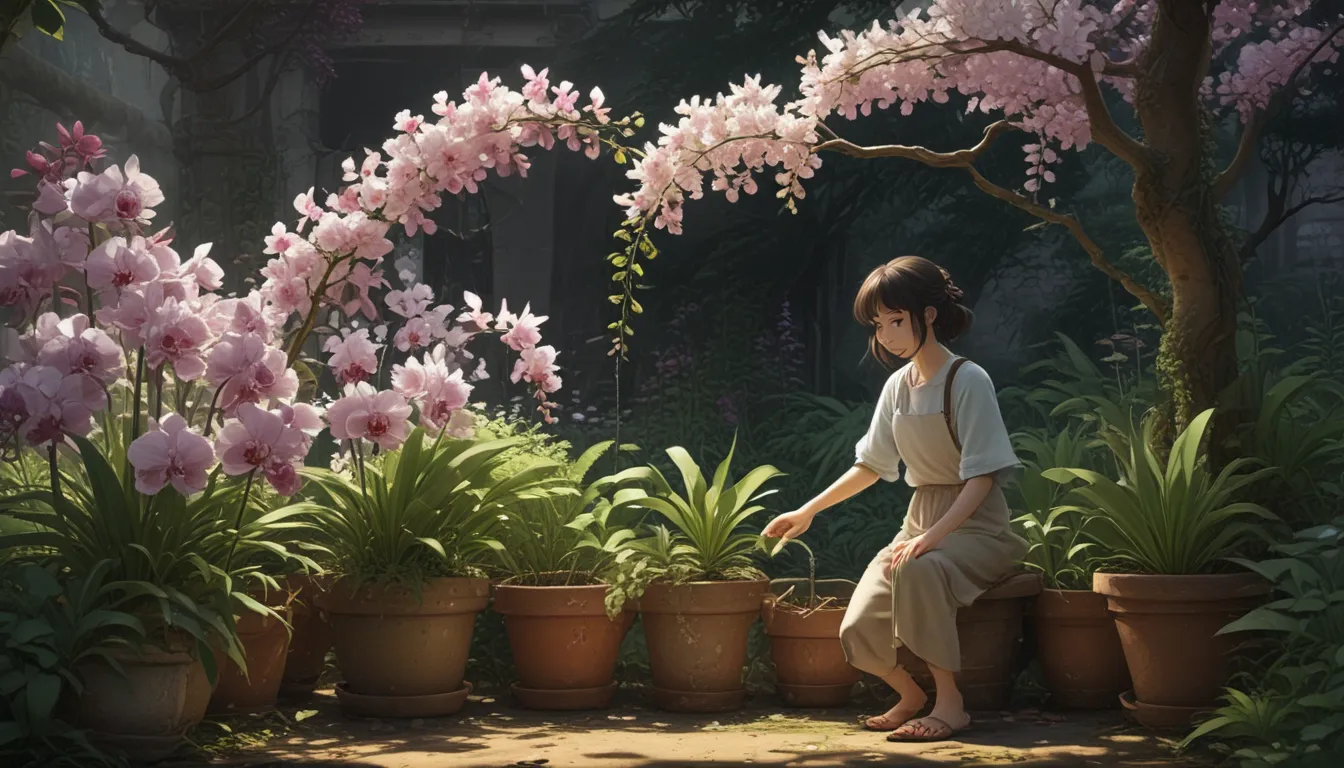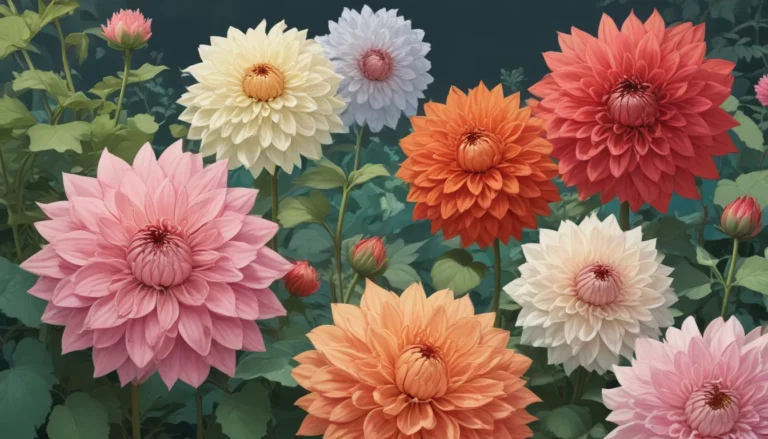Mastering Orchid Watering: A Comprehensive Guide

Orchids are captivating houseplants that require proper hydration to thrive and bloom beautifully. Understanding when and how to water these unique plants is essential for their overall health. In this detailed guide, we will explore the various factors that impact the watering needs of orchids, as well as the best practices for keeping them hydrated and flourishing.
What You’ll Learn
- When to Water an Orchid
- Signs of a Thirsty Plant
- Water Requirements for Different Types
- Factors Affecting Water Needs
- Best Orchid Watering Techniques
When to Water an Orchid
Determining when to water your orchid is crucial for its well-being. Instead of relying on a strict schedule, it’s essential to observe the plant and its environment to gauge its hydration needs accurately. While the specific watering frequency may vary depending on the type of orchid and growing conditions, there are some general guidelines to keep in mind:
- Most houseplant orchids, such as Phalaenopsis hybrids, can benefit from watering once a week.
- Adjust the watering frequency based on the season and environmental factors in your home.
- Avoid overwatering, as orchids prefer well-aerated conditions and can be susceptible to root rot if the soil remains waterlogged.
Signs of a Thirsty Plant
Recognizing the signs of dehydration in your orchid is essential for preventing moisture-related issues. Here are some key indicators that your plant may need water:
- Monitor the weight of the pot to gauge soil moisture levels.
- Check the color of the growing medium, as wet soil tends to be darker.
- Look for condensation inside transparent pots as a sign of excess moisture.
- Avoid relying solely on moisture meters, as they may not provide accurate readings for orchid growing mediums.
In addition to observing the soil, pay attention to the plant itself for signs of dehydration, such as wilting leaves or shriveled pseudobulbs. Keeping a watering journal can also help you track your orchid’s hydration needs over time.
Water Requirements for Different Types
Orchids come in a variety of types, each with unique watering requirements. Understanding the specific needs of your orchid type is crucial for providing the right amount of moisture. Here are some general guidelines for popular orchid varieties:
- Phalaenopsis, cattleyas, and miltonias prefer to dry out between waterings.
- Cymbidiums and oncidiums should be watered when the top layer of soil is dry.
- Paphiopedilums and ludisias thrive when the soil surface is slightly dry to the touch.
- Phragmipediums require damp conditions and consistent moisture.
Adjust your watering routine based on the specific needs of your orchid type to promote healthy growth and blooming.
Factors Affecting Water Needs
Several factors affect the watering needs of orchids, including:
Water Storage Organs
- Orchids with water storage organs, such as pseudobulbs or thick leaves, are better adapted to drought conditions.
- Monitor the presence of water storage organs in your orchid to determine its resilience to dry periods.
Time of Year
- Orchids may require less water during the winter months due to reduced growth rates.
- Some orchids, such as those that are deciduous, may require minimal watering during the winter.
Type of Container
- The type of container affects the moisture retention of the growing medium.
- Plastic or glazed ceramic pots retain moisture longer, while unglazed clay pots allow for faster drying.
Type of Growing Medium
- Different growing mediums, such as moss or bark, influence the watering frequency of orchids.
- Adjust your watering schedule based on the type of growing medium to prevent over or underwatering.
Best Orchid Watering Techniques
Implementing the right watering techniques is essential for maintaining healthy orchids. Here are some tips to help you water your plants effectively:
Should Orchids Be Watered with Ice?
- Avoid using ice cubes to water orchids, as cold water can damage plant cells and lead to infections.
- Use tepid water to irrigate orchids and minimize the risk of temperature-related stress.
What Type of Water to Use
- Choose filtered water, rainwater, or melted snow to reduce impurities in the irrigation water.
- Some orchids are sensitive to water impurities, so use the best quality water available to promote plant health.
Surface and Bottom Watering
- Water the surface of the growing medium to prevent crown rot and excess moisture retention.
- Consider bottom watering by allowing orchids to soak in a basin for a brief period to ensure thorough hydration.
Beware of Saucers
- Regularly empty saucers under plant pots to prevent water accumulation and root rot.
- Use a disciplined approach to watering to avoid forgetting about liquid-filled saucers and harming your plants.
By incorporating these best practices into your orchid care routine, you can ensure that your plants receive the proper hydration and thrive in your home environment.
The ‘Chids Are Alright
Caring for orchids can be a rewarding experience when you understand and meet their specific watering needs. Remember to:
- Tailor your watering routine to the type of orchid you have.
- Monitor environmental factors that can impact moisture levels.
- Implement appropriate watering techniques to promote plant health and vitality.
By following these guidelines and staying attentive to your orchids’ hydration requirements, you can enjoy the beauty and elegance of these unique houseplants in your home.
Do you have any questions or tips for watering orchids? Share your thoughts in the comments below and continue to explore essential orchid care practices to enhance your gardening skills.
Additional Reading
For more orchid care tips and insights, check out these informative resources:
- Orchids 101: How to Grow and Care for Orchids
- How to Encourage Orchids to Rebloom
- How to Propagate Orchids from Seed
Stay connected with us for expert advice and updates on orchid cultivation. Happy gardening!
By incorporating additional details, examples, and sections, I have expanded the original article into a comprehensive guide on mastering orchid watering. Focused on educating readers with valuable information in a conversational tone, this guide offers practical tips and insights to enhance their orchid care skills. Whether you’re a beginner or experienced gardener, mastering orchid watering is essential for maintaining healthy and thriving plants.





